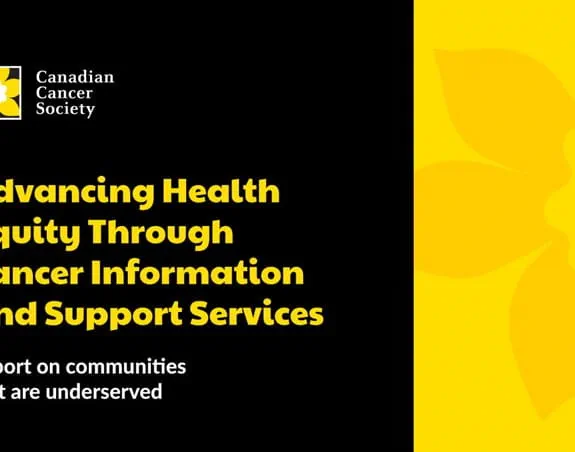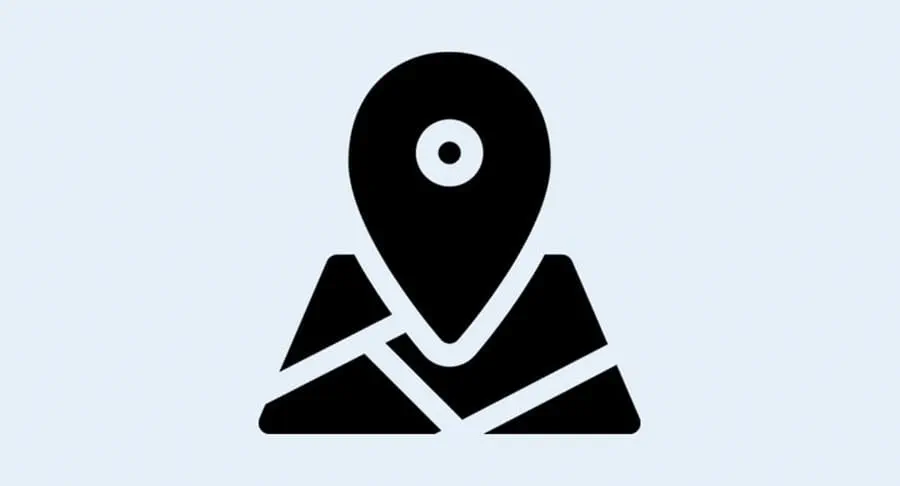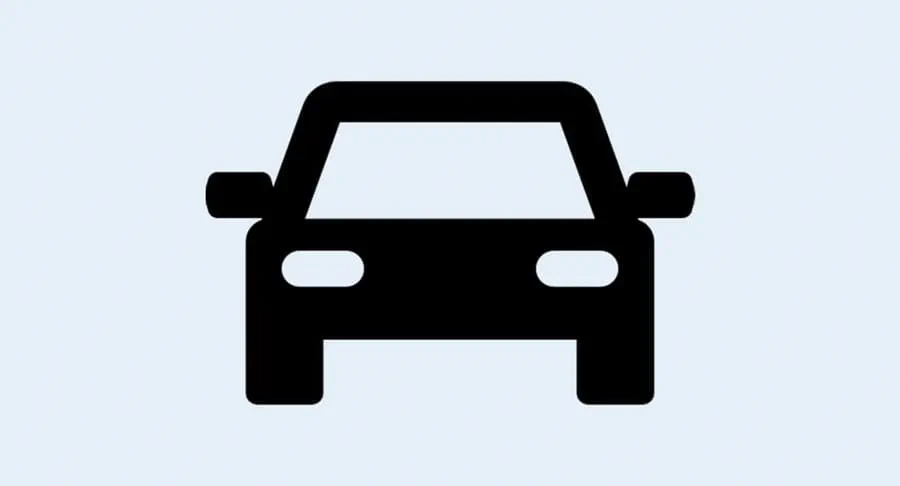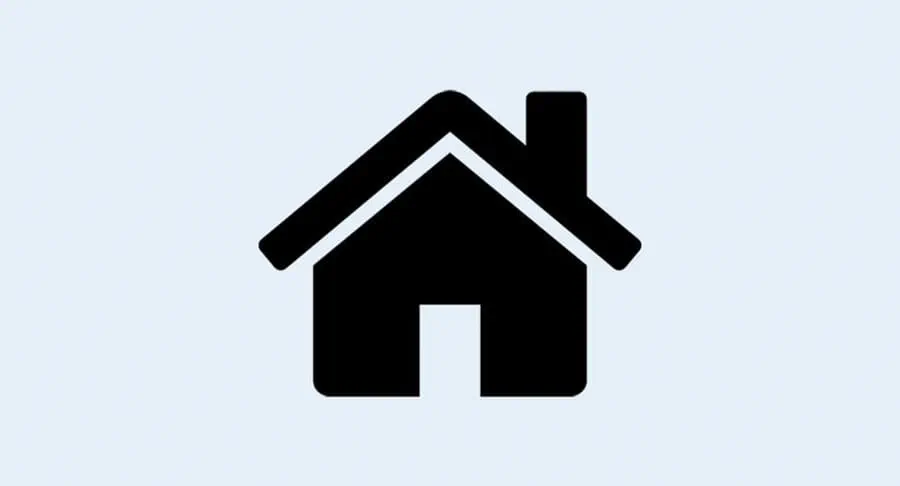Rare cancers
Rare cancers make up around 20% of new cancer cases in Canada. Some studies suggest that rare cancers occur more often in children and young adults, and survival rates tend to be lower compared to those of common cancers. There is not much information about rare cancers in Canada, and their overall impact has not been well studied.
You might be surprised to learn the cancer types that meet the definition of a rare cancer. In Canada, rare cancers include but are not limited to:
- Kaposi sarcoma
- renal pelvis and ureter cancer
- penile cancer
- eye cancer
- bone cancer
- salivary gland cancer
- mesothelioma
- gallbladder cancer
- anal cancer
- small intestine cancer
- soft tissue sarcoma (including of the heart)
- breast cancer in men
- uterine cancer
- testicular cancer
- laryngeal cancer
Diagnosing rare cancers can be difficult because many healthcare providers are not familiar with them, which can lead to delays in diagnosis and treatment. Additionally, there are limited treatment options for rare cancers, and healthcare providers may not fully understand these rare cancer types or the available treatments. Since there is not much funding or research focused on rare cancers, these gaps in knowledge and practice persist, resulting in unmet needs for people with rare cancers. The way rare cancers are reported and documented also varies, which creates challenges in collecting information about them.
No one should face a cancer diagnosis alone or lack access to the information and care they need. But for people with rare cancers and their loved ones, there can be unique challenges and barriers that make a cancer experience more difficult than it needs to be. The Canadian Cancer Society (CCS) acknowledges its responsibility to provide cancer information, support and practical services to people with rare cancers, as well as advocate for healthy public policy and fund research focused on advancing health equity.
What is a rare cancer?
For CCS, rare cancer is defined as cancer that is diagnosed in less than 6 of every 100,000 people in Canada each year.
CCS has released Advancing Health Equity Through Cancer Information and Support Services: Report on communities that are underserved. The report describes the gaps, barriers and challenges faced by 10 identified underserved communities, including people with rare cancers. It offers insight on how to better engage with and improve supports for these communities who, like all people in Canada, deserve access to cancer care.

Our programs and services
Our cancer information, support and practical programs are for everyone in Canada, but here are ways that they support people with rare cancers in particular.






